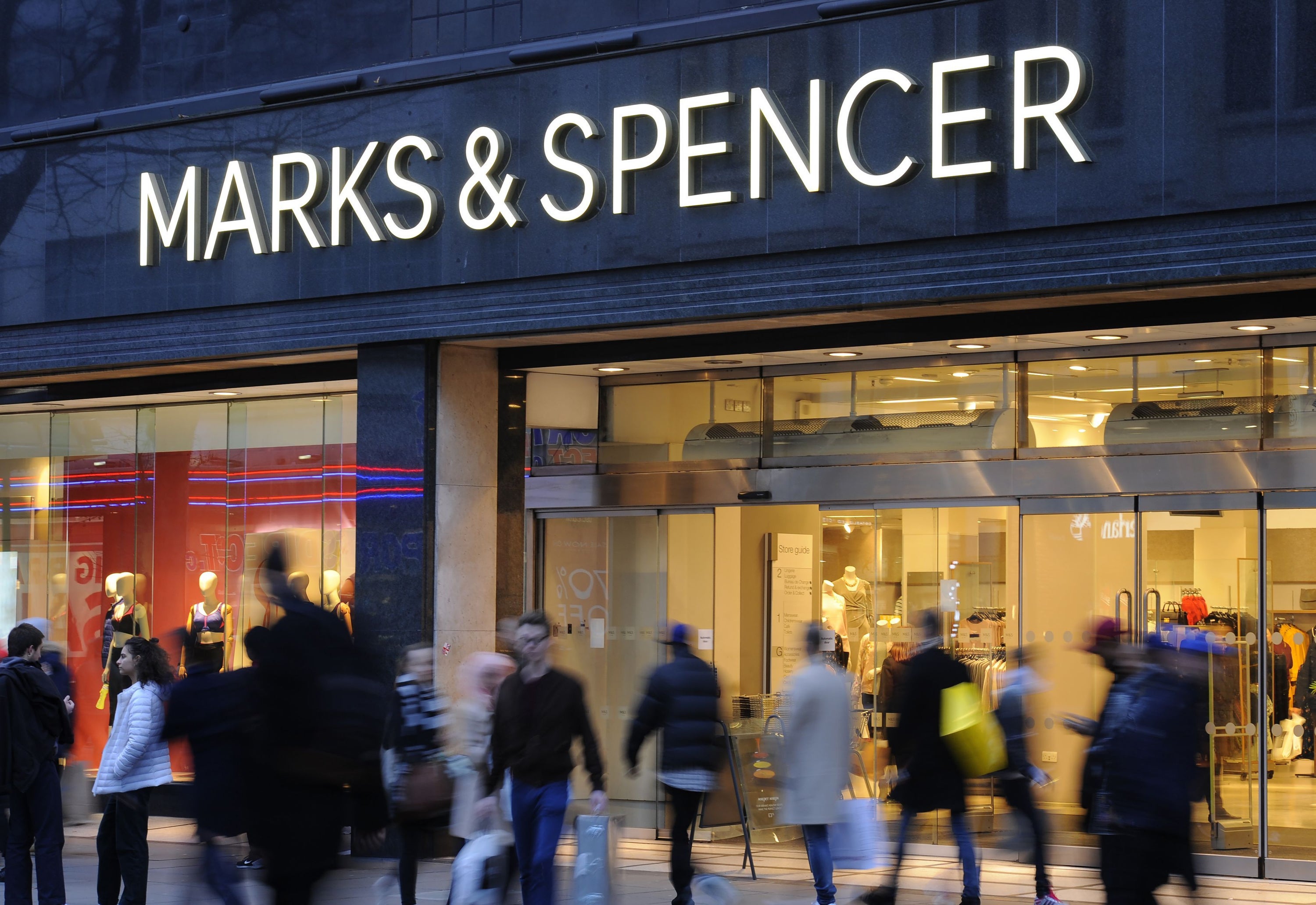Iceland comes bottom of Which? green list of most sustainable supermarkets
Which? looks at plastic waste, food waste and emissions from major retailers

Your support helps us to tell the story
From reproductive rights to climate change to Big Tech, The Independent is on the ground when the story is developing. Whether it's investigating the financials of Elon Musk's pro-Trump PAC or producing our latest documentary, 'The A Word', which shines a light on the American women fighting for reproductive rights, we know how important it is to parse out the facts from the messaging.
At such a critical moment in US history, we need reporters on the ground. Your donation allows us to keep sending journalists to speak to both sides of the story.
The Independent is trusted by Americans across the entire political spectrum. And unlike many other quality news outlets, we choose not to lock Americans out of our reporting and analysis with paywalls. We believe quality journalism should be available to everyone, paid for by those who can afford it.
Your support makes all the difference.UK supermarkets have been ranked in a new table looking at how sustainable they are.
Experts looked into plastic waste, food waste and greenhouse gas emissions from 11 major retailers to come up with the new “green” rankings.
Iceland came bottom overall in the Which? table - its first to order supermarkets in terms of their environmental credentials - with a sustainability score of 29 per cent.
The frozen food specialist was found to have the worst performance for operational emissions, with its instore freezers needing a lot of energy to run - although it uses 100 per cent renewable electricity sources in UK stores.
But Richard Walker, Iceland’s managing director said the supermarket did not recognise the data used by Which? its in sustainability table, nor accept “the low ranking on sustainability that the magazine has accorded us”.

He said: “We have taken a global lead in committing to plastic neutrality, the removal of plastic packaging from our own label range, and achieving net zero carbon emissions from all our operations by 2040.”
Marks & Spencer came in second-last place.
Which? said it was in the bottom half for emissions and also used “a lot of plastic relative to the number of grocery items it sells”.
An M&S spokesperson said the ranking does not reflect its “commitment to building a sustainable future”, with plans to make all plastic food packaging recyclable by next year and cut this packaging by 30 per cent by 2027.
Despite coming in third-last place in the sustainability table, Ocado - which redistributes almost all of its surplus food - came top for food waste.
Both Lidl and Waitrose came out top overall in the Which? table.
Lidl was the most sustainable in terms of greenhouse gas emissions but scored poorly on food waste, which the supermarket put down to its sale of fresh items.
Overall, it received the same score of 74 per cent for sustainability from Which? as Waitrose - which was called “consistently good across the board”.
The Co-op was the best performing while looking at just plastic waste, with 94 per cent of its own-brand packaging recyclable at home.
The top eco-friendly supermarkets, according to Which?
1. Lidl – 74 per cent
1. Waitrose – 74 per cent
3. Asda – 71 per cent
3. Sainsbury’s – 71 per cent
5. Tesco – 69 per cent
6. Morrisons – 68 per cent
7. Aldi – 66 per cent
8. Co-op – 65 per cent
9. Ocado – 63 per cent
10. Marks & Spencer – 48 per cent
11. Iceland – 29 per cent


Join our commenting forum
Join thought-provoking conversations, follow other Independent readers and see their replies
Comments